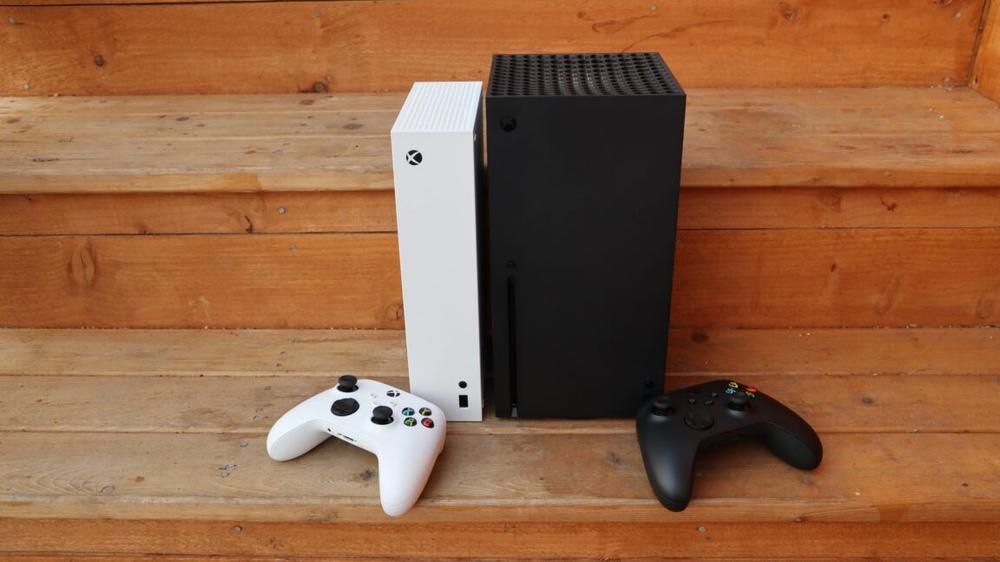Less than a month ago, we looked at how current game console prices were historically high due to price increases from all three major console makers. Today, that analysis is already a bit out of date, as Microsoft has announced its second set of Xbox price increases this year in the US.
The new Xbox price hikes, which will go into effect on October 3, or roughly five months after the last set of Xbox price hikes, are as follows:
- Xbox Series S 512GB: $400 (up from $380 in May / launched at $300 in 2020)
- Xbox Series S 1TB: $450 (up from $430 in May / launched at $350 in 2023)
- Xbox Series X Digital: $600 (from $550 in May / launched at $450 in 2024)
- Xbox Series X: $650 (up from $600 in May / launched at $500 in 2020)
- Xbox Series X 2TB Galaxy Special Edition: $800 (up from $730 in May / launched at $600 in 2024)
In an Xbox Support post, Microsoft cited the now-standard "changes in the macroeconomic environment" for the decision to move pricing yet again. "We understand that these changes are challenging, and they were made with careful consideration," the company wrote. "Looking ahead, we continue to focus on offering more ways to play more games across any screen and providing value for Xbox players.
Here we go again
Higher than usual inflation can help explain some of the nominal price increases for the oldest Xbox consoles affected by today's price hikes. The $300 for an Xbox Series S at launch in November 2020 is worth roughly $375 in August 2025 dollars, for instance. And the $500 for an Xbox Series X in 2020 is now worth about $625.
But the particularly sharp price increases for more recent Xbox configurations can't really use that inflation excuse. The disc-drive-free Digital Xbox Series X Digital and 2TB "Galaxy Special Edition" are now a whopping 33 percent more expensive than they were at launch in October 2024. A year's worth of inflation would account for only a small fraction of that.
Even accounting for inflation, though, the current spate of nominal console price increases goes against a near-universal, decades-long trend of game console prices dropping significantly in the years following their launch. Those days seem well and truly gone now, as console makers' costs remain high thanks in part to current tariff uncertainty and in part to the wider slowdown of Moore's Law.
We'll see just how much the market can bear aging console hardware that increases in price over time rather than decreases. But until and unless consumers start balking, it looks like ever-increasing console prices are here to stay.

 Estonia asks NATO to activate Article 4 after Russian fighter jets violate airspace
Estonia asks NATO to activate Article 4 after Russian fighter jets violate airspace